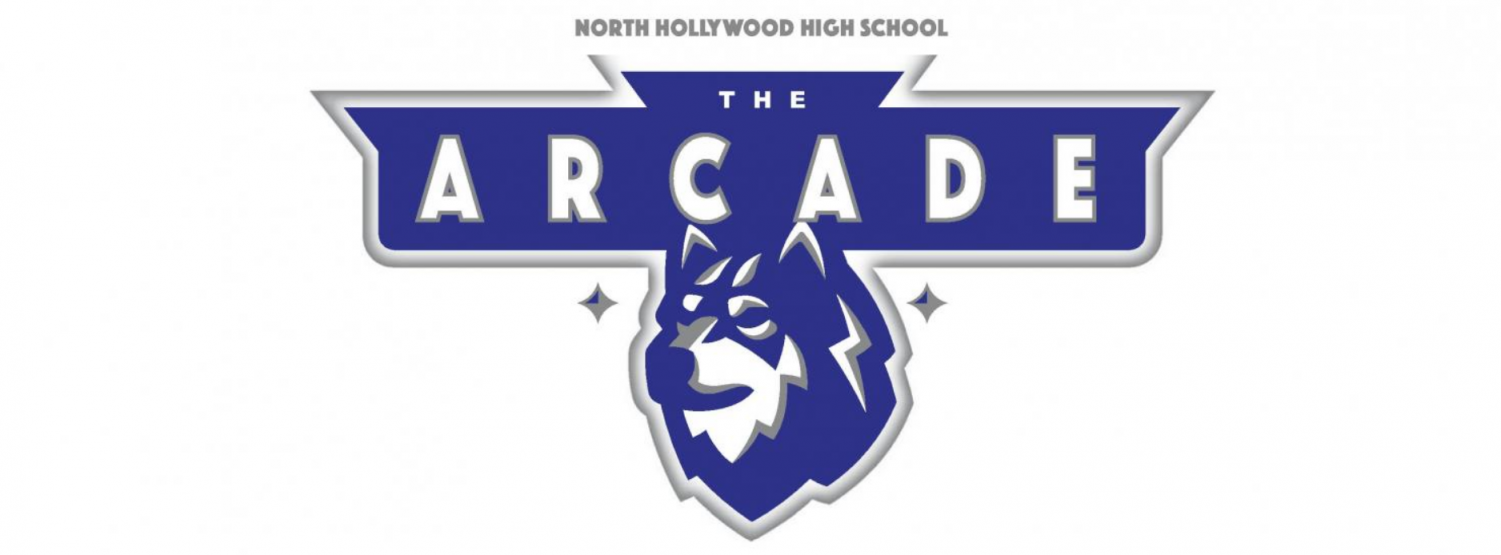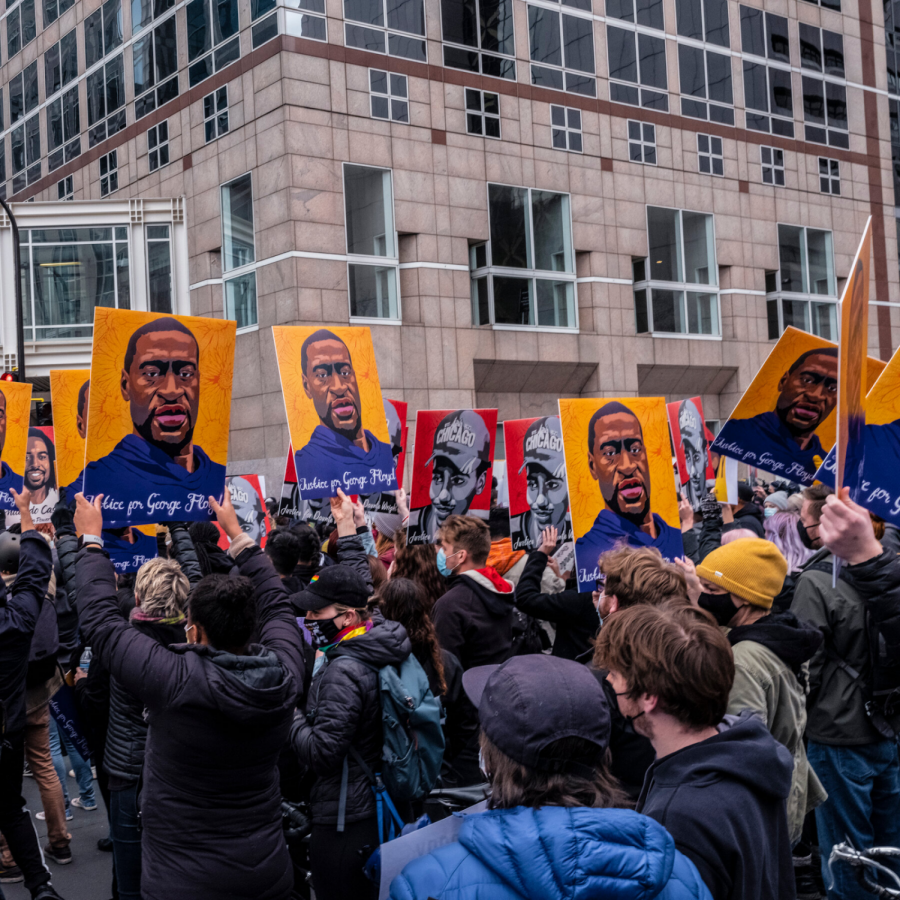The Trial for George Floyd: Advancing Justice Alongside the BLM movement
On April 20, Derek Chauvin was convicted of second-degree unintentional murder, third-degree murder, and second-degree manslaughter for the death of George Floyd.
This decision marked a significant milestone in the Black Lives Movement, one of the greatest protests against racial prejudice.
This verdict has resulted in increased calls for Congress to pass the George Floyd Justice in Policing Act which establishes more police accountability by having a national registry so officers are unable to move to another jurisdiction along with other measures.
There has also been more investigation into the Minneapolis Police Department to see if there have been similar patterns of misconduct.
While progress is being made, it is still important to remember that people are still being racially profiled and unlawfully killed every day. Even after the Chauvin trial, there were instances where a black person was shot by a police officer.
It is also important to note that federal legislation has the potential to change police accountability but local action must also be recognized because many of the offenses that cause officers to target black people are only minor.
An example of a low-level offense would be marijuana possession which Baltimore City State’s Attorney Marilyn Mosby categorizes as discriminatory enforcement.
Some activists are calling for a more radical form of justice, demanding that police organizations need to be defunded and have this money put into marginalized communities. According to the founder of Black Lives Matter Canada Sandy Hudson, an emergency service has to be created that can help people with mental health issues or drug overdoses.
Meanwhile, students maintain a more hopeful perspective on the outcome. Many say that “there has been a change in our community”, “a sign of justice being served”, and “relieved that Chauvin is rightfully being held accountable.”
Students also emphasize that it is important to discuss issues of racial inequality in education: “I think even though these racial inequalities and scenarios of police brutality, especially the George Floyd case, aren’t the lightest and easiest subjects to discuss its really important that they do get talked about and kids are educated about the matter.”
While the conviction of Derek Chauvin was a celebratory moment of justice, it should serve as a catalyst and not a conclusion.
As Utah State Representative Sandra Hollins says, “We still have a lot of fighting to do.”
Your donation will support the student journalists of North Hollywood High School. Your contribution will allow us to purchase equipment and cover our annual website hosting costs.

